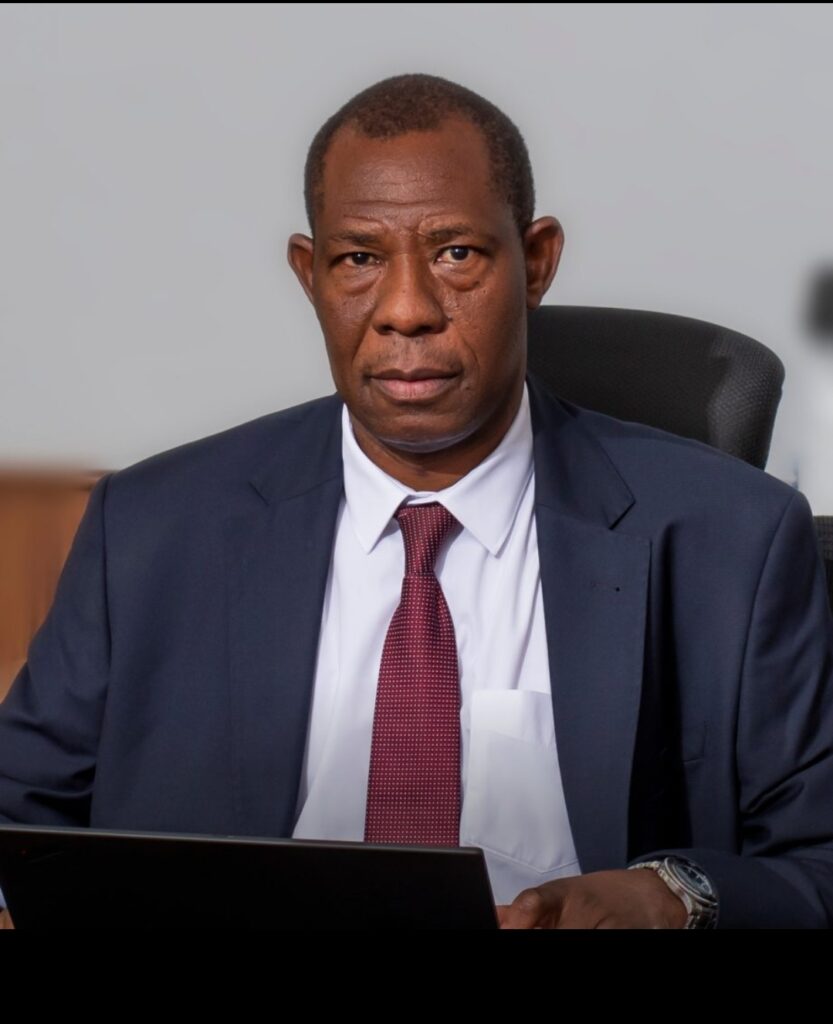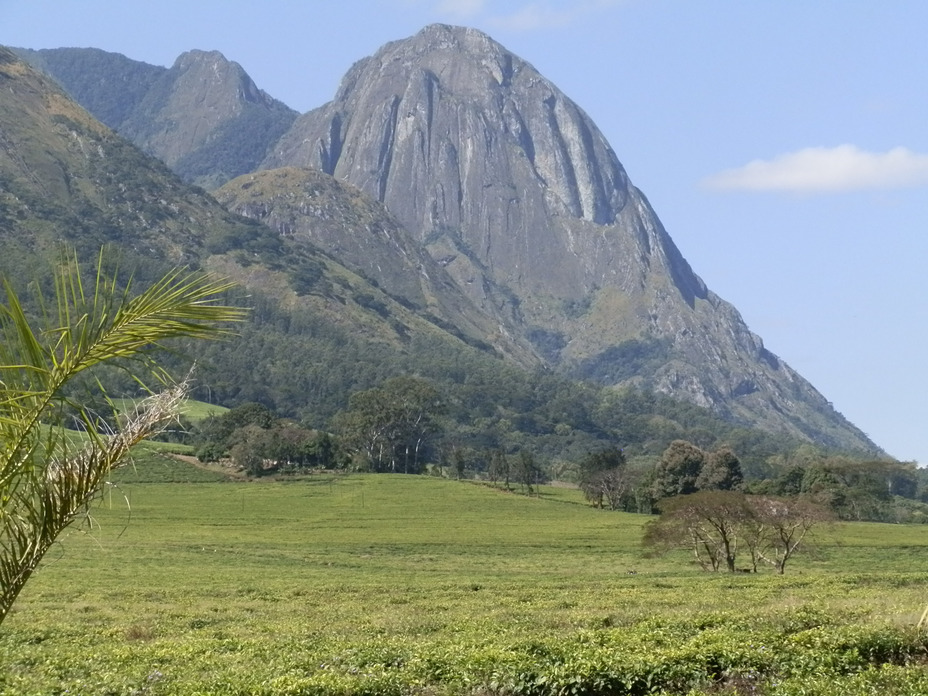From the crystal-clear waters of Lake Malawi to the majestic Mulanje Massif to kind and warm-hearted people with infectious smiles across miles, a beautiful south-eastern nation, Malawi boasts a breathtaking scenery that will capture any visitor’s heart of hearts with an extra bravado.
With her unique and awe-inspiring wildlife, lions, elephants, tigers, zebras, and more in national parks like Liwonde and Majete Wildlife Reserve, the natural-endowed country, which spans over 118,484 km2 (45,747 sq miles) and with an estimated population of about 20 million people is a haven for tourism attraction.
The former British colony, a land-locked nation, is on the mends trail to rebuild her tourism sector, after being heavily affected by the rampaging the Covid-19 global pandemic which has had the country closing its ports of entry as one way of controlling the spread of the killer virus that claimed millions of lives worldwide.
The Malawi Government Annual Economic Report 2014 shows that the total contribution of travel and tourism to gross domestic product was at K467.5 billion or 5.5 percent.
According to the report, this is a sharp rise from K420.1 billion or five percent of gross domestic product the previous year.
But for Malawi to attract more people to visit, making the country a visa free destination is an ideal move, business captains said during a tourism public lecture held last Friday at Amaryllis Hotel in Malawi’s commercial city, Blantyre, organised by the tourism ministry in collaboration with stakeholders.
The public lecture, which was held under the theme: ‘Unlocking Malawi’s hidden tourism potential,’ attracted business leaders, associates and various key players in the tourism industry, pressed emphasis on how players in the tourism sector can develop packages that could encourage tourists to spend more in the country.
Malawi’s biggest home-grown conglomerate, Press Corporation believes that government’s decision to make Malawi a visa free destination is a big win for tourism and a boost to the country’s economy.
Press Corporation Chief Executive Officer (CEO) Ronald Mangani, said in terms of promoting and advancing integration, visa free is a move in the right direction.

Mangani said: “There will be a direct benefit to the country’s tourism sector, but the larger benefit to the economy will be the indirect benefit as visitors to Malawi will demand other goods and services on account of such visits.”
Mangani further said that it is critical that the country should develop its tourism sector and create a competitive advantage, building on its unique endowment of natural and other resources.
“Beyond this, it would even be better if the removal of visa requirements could be bilaterally reciprocal, so that Malawians should also enjoy the visa free status to the beneficiary countries of this domestic policy initiative,” Mangani said.
A renowned business guru in the tourism sector, Orbis Destination Management Company managing director Innocent Kaliati implored the Malawi Government through the tourism ministry to consider introducing tax waivers for importation of vehicles for tour operators in a bid to help them use the vehicles to ferry tourists to various destinations of attraction in the country.
“When we look at the incentives that are available presently, they are only talking about lodges, yet they are called tourism incentives. The tour operators sector is neglected.
“You will be shocked to see how much I spend every day to hire vehicles and yet tomorrow I will be told that my transport services are too expensive,” said Kaliati.

Kondwani Chamwala, Mulanje Mountain Conservation Trust environmental education officer asked government agencies to talk to work hand in hand to achieve more, citing the bauxite exploration on Mulanje Mountain at spots earmarked for tourism development.
Chamwala said: “We have an issue of mining on Mount Mulanje, yet the Ministry of Tourism is talking about installing a cable car on the same destination, Chambe Plateau which is earmarked for mining. Do we have policies that are contradicting each other?”
Chamwala also proposed the installation of telecommunication facilities to help tourists remain in touch when they embark on adventures on the mountain.
Other officials who graced the tourism public lecture included Minister of Information and Digitalisation, Moses Kunkuyu and the Moroccocan Ambassador to Malawi, Abdelkader Naji.

In her response, Tourism minister, Vera Kamtukule, emphasised on the need of allowing some of the countries to visit Malawi without paying for a visa.
Kamtukule said this during a public lecture held at in Blantyre under the theme: “Unlocking Malawi’s hidden Tourism potential.”
She said some of these countries are key sources of markets for Malawian products while others are upcoming markets for tourism and allowing some of the countries visa free to Malawi will attract many tourists in the country which will, in turn, contribute to the country’s economic growth.
“People just focus on the amount of money paid for visas but are not aware that our country benefits more because when these nationals visit Malawi; they sleep in our hotels, buy our food, use our water, electricity, do shopping, they go to our hospitals and all sorts of activities required during their stay bring forex to the country,” she said.

Tourism is part of Malawi Government’s strategic plan to reinvigorate the country’s ailing economy alongside other sectors, including agriculture and mining.
On February 9th, 2024, Malawi removed visa requirements for citizens of 79 countries, in order to make it easier for tourists to experience its diverse beauty.
This means, therefore, travellers from countries like the US, UK, China, France, Germany, among many others including African countries now can visit Malawi visa-free for up to 90 days as a way for the country to revitalize her tourism industry.
Holistic approach
The Malawi tourism sector plays a pivotal role in the country’s efforts to achieve inclusive growth.
In 2017, the Malawian Government took a holistic approach and identified tourism as one of nine priority areas for sustainable development in its Malawi Growth and Development Strategy III.
Tourism, which already makes up 7% of Malawi’s GDP, has the potential to further diversify the country’s economy, which is currently primarily agriculture based.
With Sub-Saharan Africa outpacing the global average in international tourism arrivals and receipts growth, the World Travel and Tourism Council forecasts African economies to have the second highest rate of growth in tourism and travel in the ten years from 2019–2029 (in terms of GDP).
As African destinations grow more and more popular, Malawi’s government, the private sector and communities are eager to strengthen the country’s tourism industry.

“allowing some of the countries visa free to Malawi will attract many tourists in the country, which will, in turn, contribute to the country’s economic growth.”
Vera Kamtukule
Minister of Tourism



